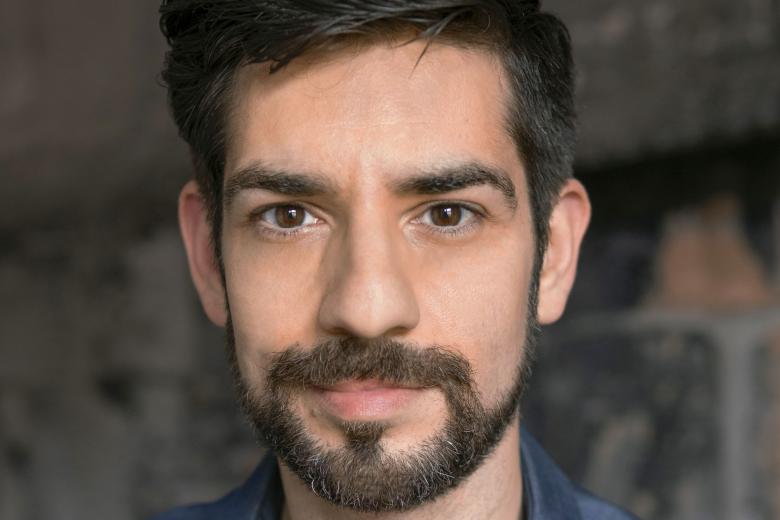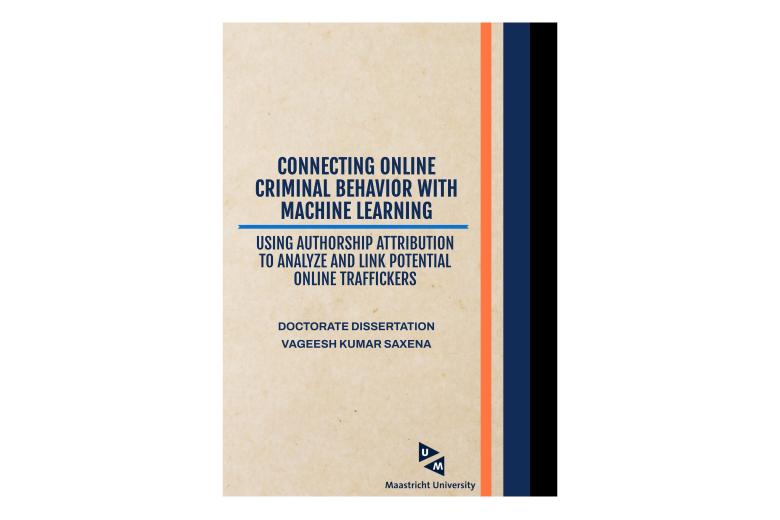NWO grants for 3 FPN researchers
The NWO (The Dutch Research Council) domain for Social Sciences and Humanities has awarded financing to 41 researchers in the NWO Open Competition – SGW. 3 of those researchers are FPN’s own. Prof. dr. Jan Ramaekers, Prof. dr. Sonja Kotz, and our dean Prof. dr. Anita Jansen received financing for their projects. Below you can read more about their projects.
Projects
Prof. dr. Anita Jansen - Fear and avoidance in Anorexia Nervosa
Anorexia nervosa is a serious illness and treatment is rarely successful. More insight into how patients learn, avoid, and lose fear may lead to better treatments.
Prof. dr. Sonja Kotz - Motor-auditory oscillatory coupling in human beat and rhythm perception
In the proposed project we want to research the interaction between motor and auditive brain systems essential to musical ‘beat’ perception. This has possible implications for language development. Further we would like to see how a new rhythmic perception originates in the brain and what the influence of i.e. hart rythms is.
Prof. dr. Johannes Ramaekers - A targeted imaging-metabolomics approach to classify harms of novel psychoactive substances (NPS)
NPS are non-regulated drugs that mimic traditional drugs. NPS threaten the public health because of slow evaluations of the health risks. This research develops a method that uses visualising techniques and the human metabolome to enable a quick classification and prediction of the influence of an NPS on the brain.
Also read
-
Costas Papadopoulos awarded Open Science NL grant
€1.5 million for Open Science Digital Infrastructure for 3D Scholarship
-
AI and the Future of Tax Law: Rethinking Compliance, Governance, and Legal Design
On 17-18 December 2025, the Maastricht Centre for Taxation hosted an international online conference titled “AI and the Future of Tax Law: Rethinking Compliance, Governance, and Legal Design”.
-
Connecting Online Criminal Behavior with Machine Learning: Using Authorship Attribution to Analyze and Link Potential Online Traffickers
PhD thesis by Vageesh Saxena